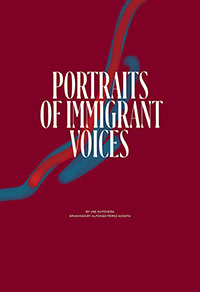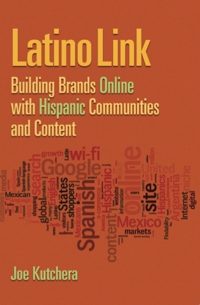I watched this presentation on TED.com months ago from photographer, Phil Borges about the loss of endangered languages and cultures and I couldn’t get it out of my head. The photos, personal stories, and statistics that Borges shared blew me away, especially the opening paragraph:
A fact came out of MIT, couple of years ago. Ken Hale, who’s a linguist, said that of the 6,000 languages spoken on Earth right now, 3,000 aren’t spoken by the children. So that in one generation, we’re going to halve our cultural diversity. He went on to say that every two weeks, an elder goes to the grave carrying the last spoken word of that culture. So an entire philosophy, a body of knowledge about the natural world that had been empirically gleaned over centuries, goes away. And this happens every two weeks.
As the world increasingly speaks English, or Globish as some people call Global English, as a lingua franca with one another, we also lose the diversity of smaller cultures and languages. English may facilitate more efficient communication and understanding with a greater number of people, but what have we lost by abandoning the “minority” languages?
Since my last post about the influence of Spanish-language teachers in the U.S., I’ve been thinking about the importance of bilingualism. If other countries foster learning second and third languages, why can’t we? Americans are just as smart, aren’t we? Understandably, we have less of a need to learn a foreign language as the U.S. is so large geographically, English is #1 in the world, and our neighbor to the North also speaks English. In contrast, you can speak multiple languages in Europe within a day’s drive. Could this change as Spanish becomes more prevalent with the growth of the Hispanic audience?
This report also especially got me thinking about the importance of speaking two languages: Bilingualism delays onset of Alzheimer’s symptoms.
Watch Phil Borges’ entire presentation here, filmed in 2006, but discovered by yours truly in 2010:






